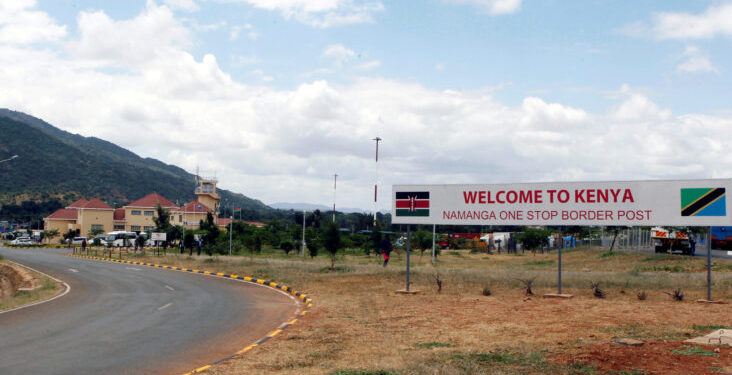The East African Community (EAC) has successfully addressed 26 out of the 33 reported Non-Tariff Barriers (NTBs) as of June 2023, marking significant progress in promoting intra-regional trade. The EAC Secretariat emphasizes the need for swift resolution of the remaining seven barriers to further enhance trade within the region.
Peter Mathuki, the Secretary General of the EAC, highlighted the achievement during the annual State of the EAC Address in Arusha, Tanzania. He commended the EAC Partner States for effectively eliminating NTBs as they arose, resulting in the elimination of a total of 184 barriers. Mathuki disclosed that EAC’s overall trade rose by 13.4 per cent to USD 74.1 billion in 2022 from USD 65.3 billion in 2021. Additionally, intra-EAC trade increased by 11.2 per cent, reaching USD 10.9 billion in 2022 from USD 9.8 billion in 2021.
Read more: Kenya Risks Losing Trade to other EAC Countries following Introduction of Export Development Levy
The Secretary-General attributed this growth to collaborative efforts among the Partner States, including the admission of the Democratic Republic of Congo (DRC), timely resolution of NTBs, trade facilitation initiatives, harmonization of East African standards, promotion of Micro, Small, and Medium Enterprises (MSMEs), and stakeholder capacity building.
Mathuki highlighted the implementation of the Single Customs Territory, which reduces turn-around time along EAC corridors from an average of 21 days to just 4 days. He also mentioned that approximately 95.0 per cent of EAC Customs regimes were operational, with transit being piloted. Notably, the average transit time from major EAC ports to exit borders decreased by 4.4 hours to 81.8 hours in 2022 from 86.16 hours in 2021.
Furthermore, efforts were directed towards enhancing the Common Market Protocol. Five out of seven EAC Partner States began issuing the EA e-Passport to facilitate the seamless movement of individuals within the region. To promote free movement of services, the EAC adopted a Mechanism for the Removal of Restrictions on trade in services.
Read more: Somalia to Join EAC as Community Readies for Common Currency
The EAC Private Sector Development Strategy was introduced to stimulate investment and business promotion, fostering the right of establishment. As of 2023, the percentage share of intra-EAC trade to total EAC trade demonstrated a positive trend, reaching 19.0 per cent in February 2023, signifying a positive trajectory for regional trade integration.
In summary, the EAC’s concerted efforts to eliminate NTBs, streamline customs procedures, and enhance regional economic cooperation have propelled trade growth and laid the groundwork for a more integrated and prosperous East African community.
Email your news TIPS to editor@thesharpdaily.com


















